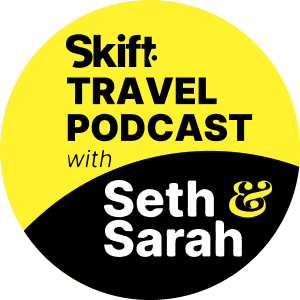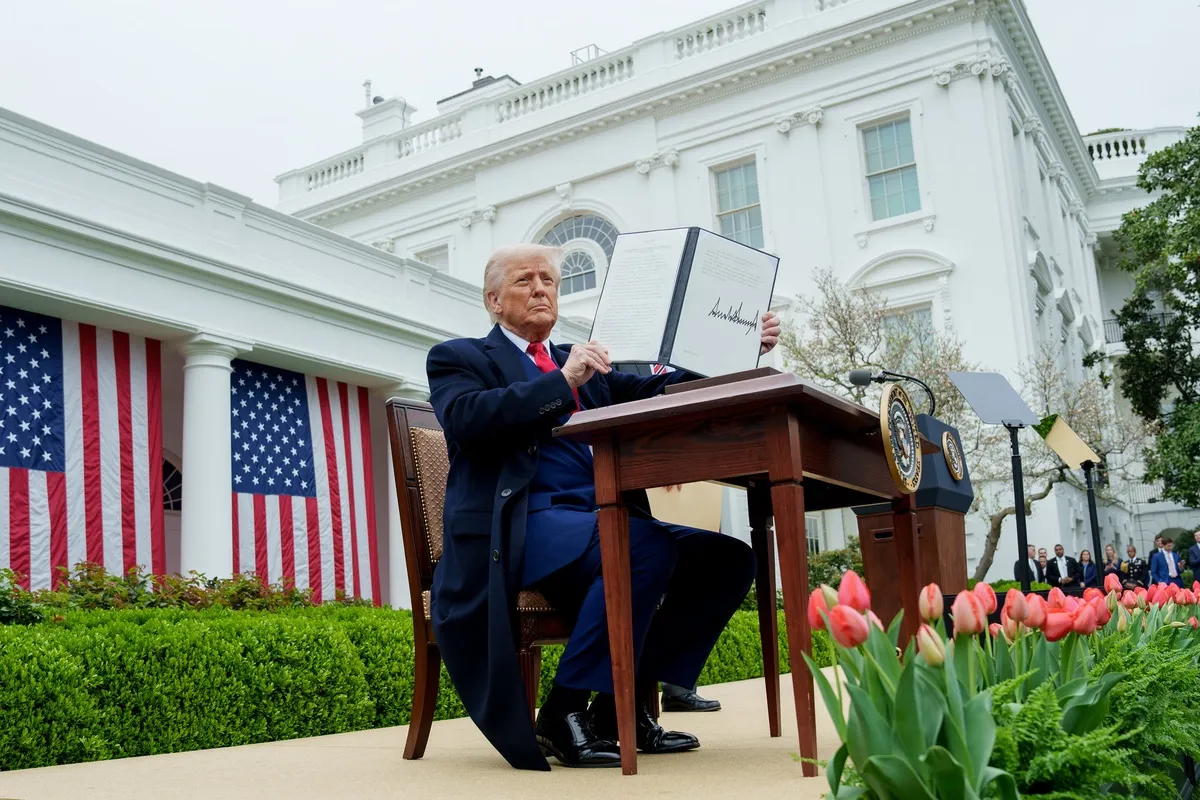Borders, Bans, and Bookings: Navigating U.S. Travel Right Now – Skift Travel Podcast

Skift Take

This week's episode of the Skift Travel Podcast features a discussion that occurred during a recent LinkedIn Live session titled Global Grounding of the Economy – How Will it Impact Travel?. Editor-in-Chief Sarah Kopit, Head of Research Seth Borko, and Managing Editor Lex Haris addressed how economic uncertainty and the current political environment are impacting the U.S. travel industry, among other topics.
Listen Now
🎧 Subscribe
Apple Podcasts | Spotify | YouTube | RSS
Five Key Points
Economic Uncertainty and Travel Industry Impact: The economy is experiencing uncertainty, but travel demand remains strong. While airlines are adjusting forecasts, hotels and the luxury travel sector are not in panic mode, reflecting a resilient industry.
Contradiction in Consumer Behavior – Despite low confidence in the economy, people are still prioritizing travel. Even with fears of a downturn, many consumers are continuing to book vacations, with spending trends showing resilience.
Luxury Travelers Holding Up the Industry – The top 10% of earners account for a significant share of consumer spending, including travel. Wealthy travelers continue to spend, while middle-class travelers may opt for more budget-friendly trips instead of canceling altogether.
Potential Risks to Travel Demand – Economic slowdowns, layoffs, stock market declines, and government spending cuts could shift consumer behavior. While current travel demand is steady, negative economic shifts could lead to a decline in travel bookings.
The U.S. as a Travel Destination – The U.S. brand as a travel destination may be at risk due to economic policies, travel advisories, and international perception. Practical barriers such as visa delays and high costs could make the U.S. less competitive compared to other destinations easing restrictions.
Episode Summary
The LinkedIn Live session addressed the uncertainty in the global economy and its impact on the travel industry. Borko, Kopit, and Haris began by acknowledging economic concerns, such as market volatility and airline forecast cuts, but they also noted that hotels seemed less affected.
The three of them mentioned the uniqueness of the current situation, contrasting it with past recessions, and they discussed how confidence and sentiment play a crucial role in economic stability. The session then turned to a discussion about whether the economy was being propped up by the wealthy, given that luxury travel remains strong, while middle-class travelers may be adjusting their budgets.
Borko, Kopit, and Haris also touched on international travel trends, noting that economic downturns would likely impact outbound travel first before affecting domestic trips. In addition, they debated whether travel warnings and political tensions impact inbound tourism, concluding that practical concerns like affordability and accessibility matter more than official advisories.
More: Travel Stock Carnage and Skift Research's New – Lower – Forecasts





